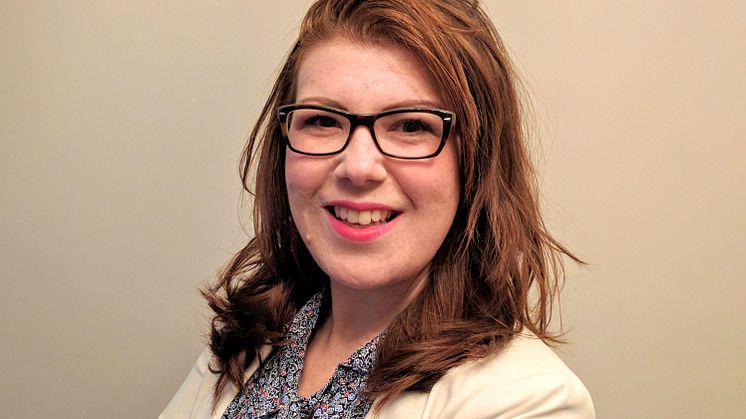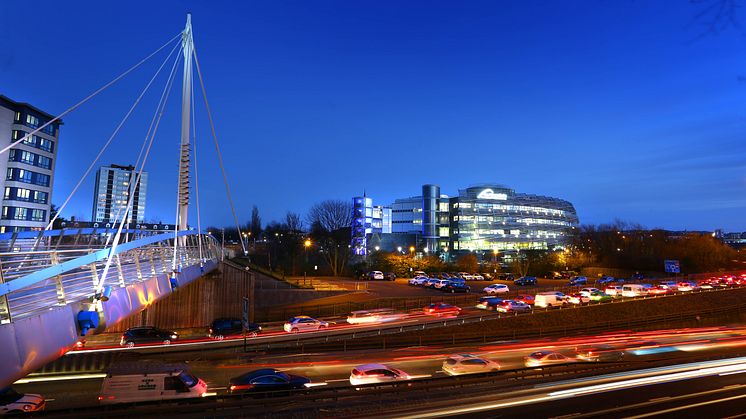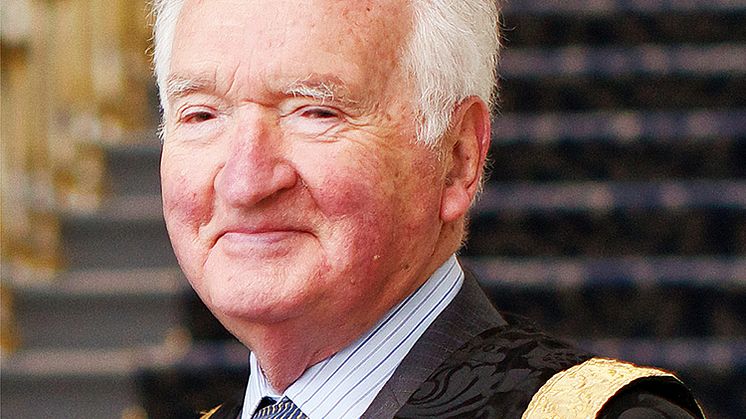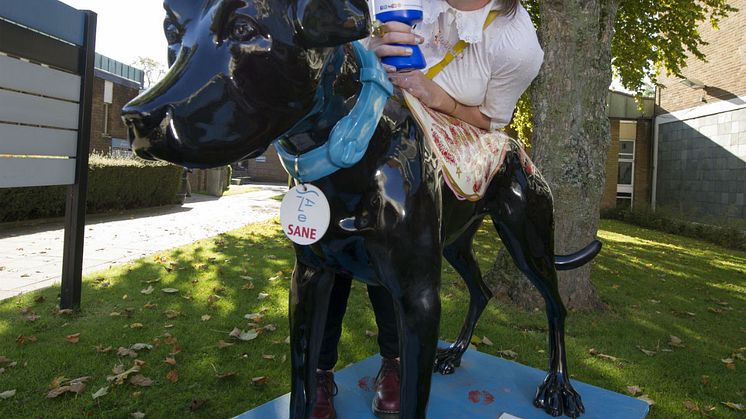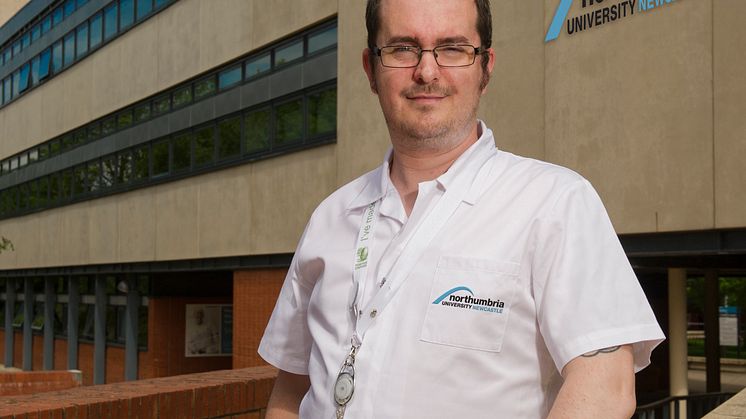Press release -
EXPERT COMMENT: ‘Wheelchair vs buggy’: a step in the right direction for people with disabilities?
Angela MacFarlane, Senior Lecturer in Law at Northumbria University, writes about the different angles that need to be considered following disabled man's court case win against a bus company.
When you see a sign on a bus that says “Please give up this space if needed for a wheelchair user” what do you do? Do you sit there – avoiding eye contact – hoping no one will ask for the seat. Or do you walk on by, to find another suitable place to sit?
You might expect that most people would do the latter, or give up the chair if someone in a wheelchair comes on board. The problem comes, however, when someone refuses to move from one of these places, when a wheelchair user needs it. And when this does happen, there isn’t a lot the drivers can do. This is because the perceived priority wheelchair space is not actually supported by any powers. So the bus driver can’t do anything to enforce it. This makes it difficult for wheelchair users, who legally cannot travel on a public bus other than in the designated space.
But things could be about to change – slightly – after a Supreme Court decision that bus drivers have to do more to accommodate wheelchair users. This decision has been hailed a victory for people with disabilities. And means the bus drivers can now actually “pressurise” people to move from the space.
The case dates back to 2012, when a bus driver for FirstGroup in Wetherby, West Yorkshire had to deal with a situation where a passenger refused to move from the wheelchair space they were occupying. The driver had no power to make the passenger vacate the space, so the wheelchair using passenger, Doug Paulley, couldn’t board the bus.
You may have little sympathy for the passenger refusing to move, but here’s where things get complicated, because that passenger was actually a mother with a baby asleep in a pushchair. So although moving from the space would not have prevented her from travelling, she wouldn’t have been able to sit anywhere else on the bus because the pushchair was not collapsible.
In the end, Mr Paulley had to wait for the next bus, missed his train connection and was an hour late to his destination. And he then sued FirstGroup for discrimination.
The first decision
The first court found that because FirstGroup didn’t have a policy in place so that drivers could demand non-wheelchair users to vacate the space, it had unlawfully discriminated against Mr Paulley under the Equality Act 2010. Under this Act, FirstGroup has a duty to make “reasonable adjustments” to avoid a person with a disability from “suffering a substantial disadvantage”. And a failure to comply with the duty is discrimination.
But when FirstGroup appealed the decision, the Court of Appeal disagreed with and overturned this earlier decision. The Court of Appeal considered the wider implications of compelling public transport providers to give wheelchair users “absolute priority” to the space in their policies and terms and conditions of travel.
This is because the effect of such a policy could significantly impact other deserving but non wheelchair using passengers. Scenarios were envisaged such as a blind person with a walking frame, or a parent with a disability who couldn’t hold their baby safely on their knee. In other words, many other disabled passengers could have a valid and justifiable need for the space despite not being a wheelchair user.
But the Supreme Court has now overturned the Appeal Court (which overturned the first court) ruling that bus drivers may have to do more to accommodate wheelchair users.
This means that it now no longer acceptable for the bus driver to simply “request” a person to move. Now, if a bus driver believes a person’s refusal to give up a space to a wheelchair user is unreasonable, they should consider a further step to pressurise the traveller – which could include “a refusal to drive on”.
Whose seat?
So while this latest judgement from the highest court in the land is a step in the right direction for people with disabilities, it still does not mean that bus companies are legally required to implement a “wheelchair first” policy.
That said, as it is a Supreme Court decision, a precedent is created. So this means that bus drivers will have to do more to make “reasonable adjusments” to accommodate wheelchair users where possible.
Educational establishments, services, employers, associations and landlords also have the same duty to make “reasonable adjustments”, so the decision does extend well beyond the reach of public transport providers.
But without new legislation being enacted by Parliament, wheelchair users will continue to compete for the space with all other passengers on public transport, with no real priority at all. So unless the transport provider chooses to give wheelchair users priority, people with disabilities must still rely on passengers cooperating.
All Mr Paulley, and other wheelchair users can hope for now is for Parliament to introduce legislation that specifically gives wheelchair users priority, backed by relevant enforcement powers. But following this most recent decision, it is somewhat unlikely to happen.
So a small victory for wheelchair users it may well have been, but will it actually make any difference in the long term? Well, only time will tell.
This article was originally published by The Conversation. Read the original article here.
Topics
Categories
Northumbria is a research-rich, business-focused, professional university with a global reputation for academic excellence. To find out more about our courses go to www.northumbria.ac.uk
If you have a media enquiry please contact our Media and Communications team at media.communications@northumbria.ac.uk or call 0191 227 4571.







